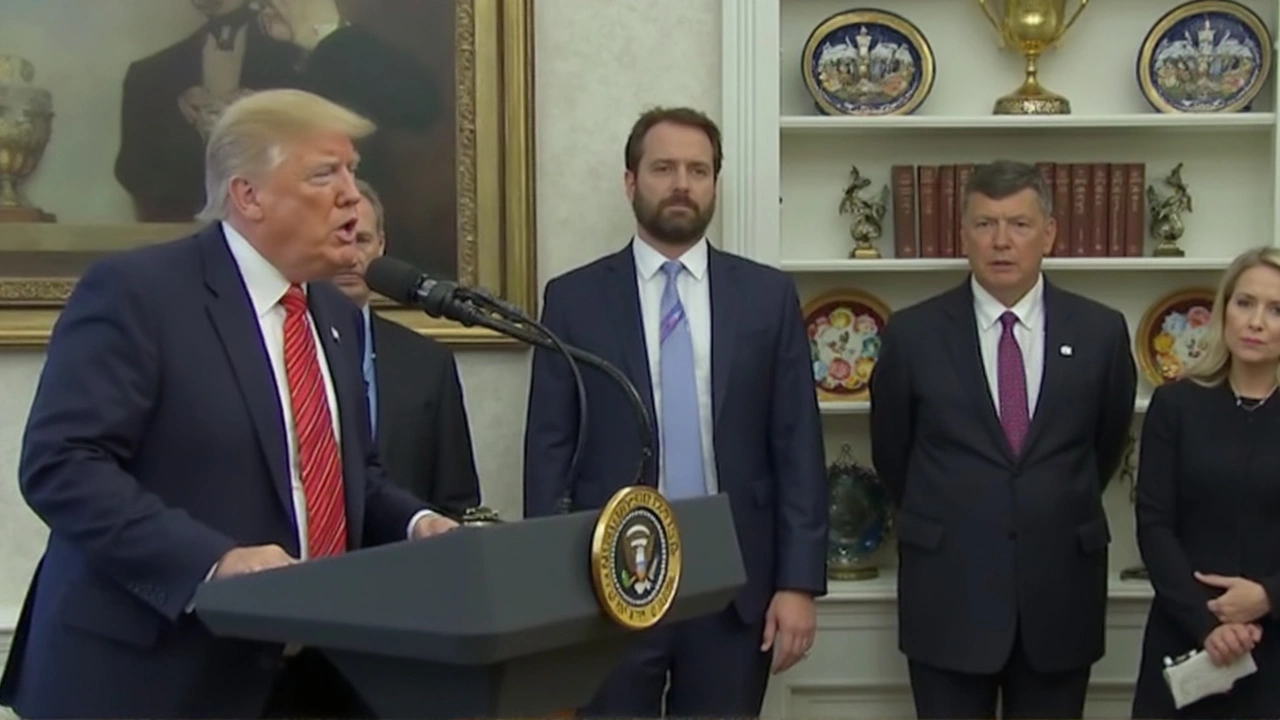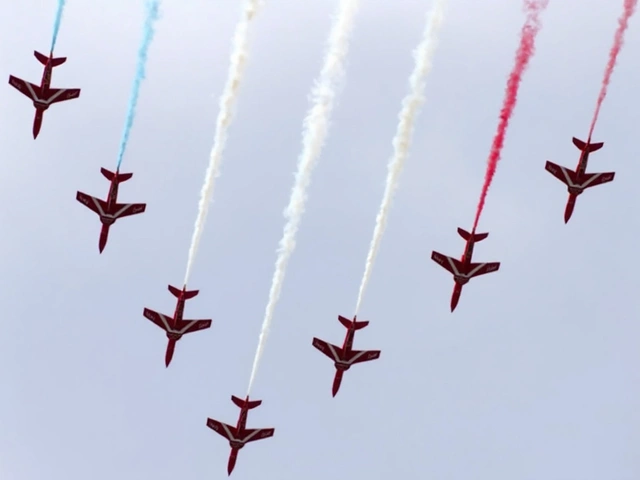Missile Strikes Flare India-Pakistan Tensions
Just when you thought the border between India and Pakistan couldn't get any more volatile, missiles started flying in the early hours of May 6, 2025. India announced it was targeting terrorist bases inside Pakistani-controlled Kashmir and Punjab, claiming to strike back after a brutal April assault in Indian-held Kashmir left 26 dead. But Pakistani officials didn’t see it that way — instead, they reported at least three civilians killed and twelve injured, sparking a new wave of outrage and anxiety across the region.
Indian authorities quickly labeled the offensive as 'Operation Sindoor.' Their message? They were taking out what they called "terrorist infrastructure," not going after military targets. Pakistan flatly disagreed. Officials in Islamabad accused India of bombing mosques and civilian areas, not just militant hideouts. For families caught in the middle, the facts mattered a lot less than the explosions breaking the morning quiet.
Prime Minister Shehbaz Sharif didn’t hold back. On national TV, he described the strikes as "an act of war," promising a "forceful response." The world took him seriously. Pakistan's military claimed it shot down five Indian aircraft during the aftermath, with reports that two fell into Indian-controlled Kashmir, causing more chaos as debris hit homes and offices.
The violence quickly bled into everyday life. Schools in both Indian and Pakistani parts of Kashmir and Punjab shut their doors, bus stations emptied, and families hunkered down. Flights across Pakistan's skies were grounded or forced to divert, with major airlines like Emirates, British Airways, and Air India scrambling to change plans. It wasn’t just a border fight; ripple effects hit anyone trying to move people or goods through South Asia.
Trump, U.S., and the World React to Growing Crisis
The crisis got so deep, even former U.S. President Donald Trump couldn’t ignore it. From the Oval Office, Trump called the standoff "a shame" and sighed audibly as he talked about how "people knew something was going to happen based on a little bit of the past." For Trump, of course, "the past" means ancient history: "They've been fighting for many, many decades... centuries, actually. I just hope it ends very quickly." It's his way of saying what everyone else is thinking – nobody wants to see the world’s two most unpredictable nuclear rivals go any further.
International concerns weren’t just talk. United Nations Secretary-General António Guterres said straight out that tensions were the highest he'd seen in years, urging both countries to keep their militaries on a short leash. Western diplomats, led by U.S. Secretary of State Marco Rubio, were on the phones all day, trying to get both sides to take a breath and back away from the edge. The U.S. State Department put out a statement that they’re "closely monitoring developments," careful not to get caught favoring either New Delhi or Islamabad.
Pakistan’s Foreign Ministry hit back at India’s narrative, accusing them of using the old "terrorism" label as an excuse for aggression and a way to score political points at home. They called the strikes a "clear violation of international law" and warned that Pakistan had the means—and the will—to respond.
No one’s pretending this is anything new. India and Pakistan have traded accusations and rockets for decades, but every new flare-up feels like this could be the one that tips things into chaos. With nukes in play, nobody’s breathing easy.





